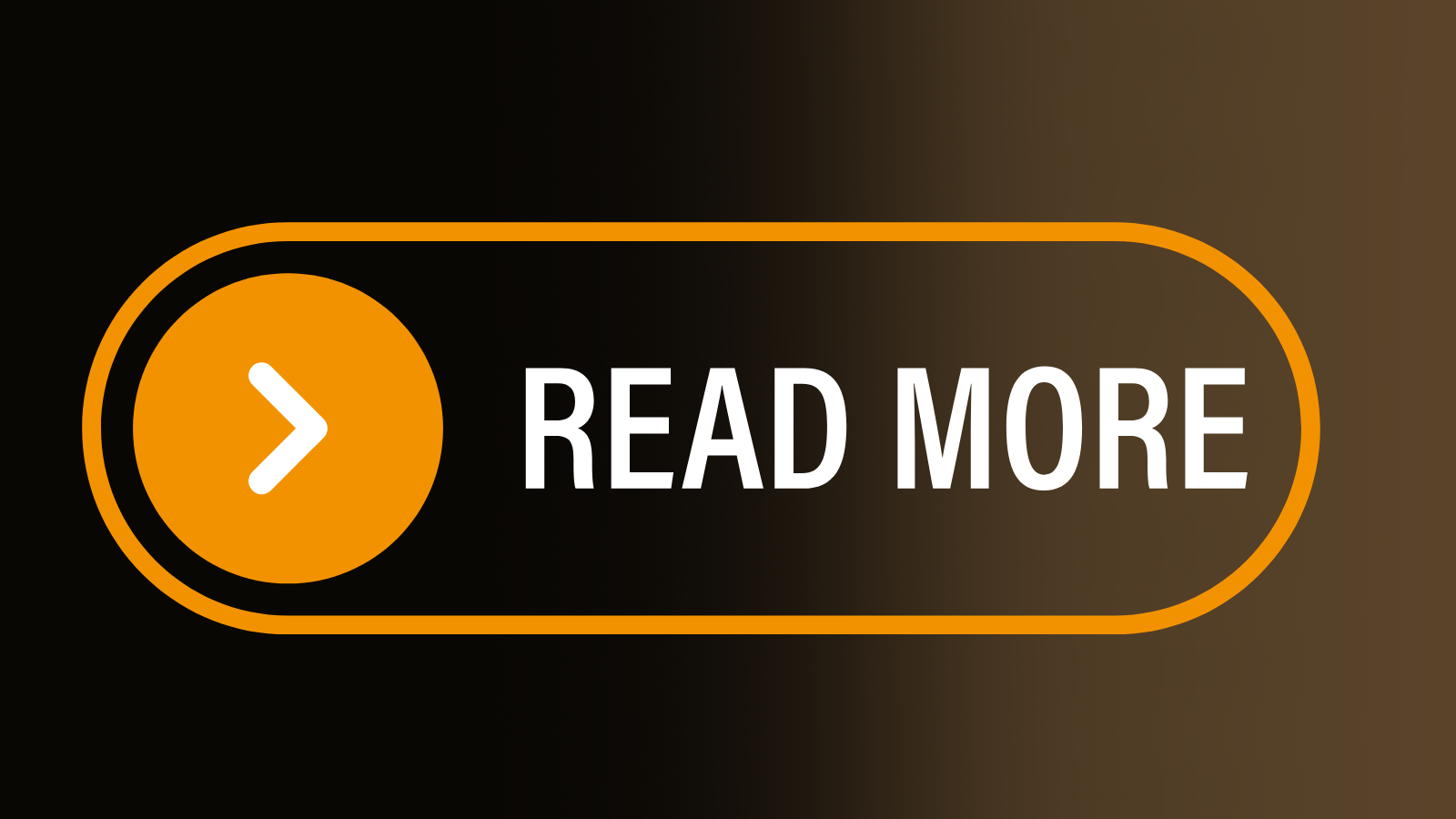By Raphael Mweninguwe, Freelance Journalist
Mary Lifa is a Malawian farmer who has a small piece of land where she grows crops such as maize and ground nuts. During a good rainy season, she harvests enough to feed herself. She says her physical disability does not impede her from doing what she feels she can manage.
This year she has not harvested anything from her small piece of land. Her crops withered as a result of drought which hit many parts of the country between January and March. “We are in a food crisis. I am not someone who is used to begging, as many people think that we are into the habit of seeking alms,” says Lifa, 43, who lives in Machinga district in the southern region of Malawi.

Extreme weather conditions
This is not the only climate crisis that Machinga has faced in recent years. In March 2023 Cyclone Freddy caused massive flooding in some parts of the country and Lifa was among those affected. Her family lost crops to flooding and she said some of her friends living with disabilities lost some assistive devices such as wheelchairs. Statistics show that about 2.3 million people were affected by the floods, including about 235,000 people living with disabilities. The cyclone hit 15 districts in the southern region of Malawi leaving close to 1,000 people dead and over 600,000 displaced.
“The floods came as a shock to many people. We have been seeing people on television running away from floods, but this one was just so massive. There was no way of escape,” says Lifa who chairs the district committee of the Parents of Disabled Children of Malawi (Podcam), a national organisation that fights for the rights of people living with disabilities. She is also the District Executive Committee member of the Federation of Disability Organisations in Malawi (Fedoma), also a national NGO.
The drought happened while Lifa was still recovering from her cyclone ordeal. She says when climate events happen, many people living with disabilities are affected.
These extreme weather conditions undermine farmers’ ability to be food secure and in times of food crisis, Lifa says the only people who benefit from social or humanitarian support are those who are not living with any disabilities.
The importance of disability data for journalists
“We are discriminated against and stigmatised. The problem may be coming from the media which in their reporting do not see the problems people with disabilities are facing,” she says.
But government and NGOs argue that they do not discriminate. The UN says people with disabilities are “disproportionately affected by the impacts of climate change” and one of the biggest reasons for this is that most people with disabilities live in poverty.
The UN further explains that poverty, stigma and discrimination are the three key components which expose people with disabilities to the impacts of climate change.
Harriet Kachimanga, Malawi Council for the Handicapped (Macoha) Public Relations Officer says, “The problem starts with aggregated data that is not there to begin with because even the media would not know how to report on something they do not have information about”
She attributes the problem to the disaggregated data organisations give to the media.
“The people living with disabilities are neglected when it comes to humanitarian assistance because the media has no data about people with disabilities that have been affected. At the same time the media needs to deepen its understanding on how to analayse data that is available,” she says.
Charles Mkoka, Environmental Journalist and Executive Director of the Coordination Unit for the Rehabilitation of the Environment (CURE) agrees the media needs to make a proper analysis of data that is given to it. He says the media needs to investigate how many people living with disabilities have been affected during floods or droughts. He says the media can even go further to find out how many men, women and children have been impacted by the climate crisis.
“Disaggregation of statistics relating to victims and fatalities of disasters by gender, age, disability, socioeconomic status, and geography is key because this helps duty bearers and policy makers in focusing attention on the most vulnerable,” says Dr. Levi Zeleza Manda, a journalism trainer.
Manda says in journalism school, statistical analysis is taught but not many students are enthusiastic about the course because they don’t see it as important in their future careers.
“This lack of enthusiasm reflects itself in the inability of many average journalists to understand and break down statistics, nexuses, establish trends, impact, etc. Lack of clear distinction between journalism and public relations practice may be the cause of the problem faced by the media,” he says.
The way forward
As a way forward, Manda suggests that we need to start rewarding evidence-based, statistical or data-driven journalism.
“Journalism has to go deeper and establish the nexus among different variables in order for the public to understand the story, the interpretation, behind the event/s and how similar incidents, such as floods or drought, could be mitigated. Currently we don’t tell stories, we simply report and cover events,” he says.
People with disabilities have their voices muted within the media but the UN says their voice must be taken into account in climate action efforts both as “beneficiaries and as decision makers in policies raising and responding to their concerns”.
Picture from Shutterstock
Disclaimer:
The views and opinions expressed in this article are solely those of the author and do not reflect the official policy or position of the Media Diversity Institute. Any question or comment should be addressed to [email protected]

Reimaging climate change storytelling by Milica Pesic, an opinion piece following MDI panel discussion organised at UNESCO World Press Freedom Day on 4 May 2024 in Santiago, Chile. See below.
Unmuting women’s voices in climate change reporting. According to the UN, women are facing the brunt of the climate crisis. It is estimated that 80% of the people displaced as a result of climate change are women and yet they do not have much of a voice in the media.

Watch our panel discussion organised on 4 May, 2024 at the UNESCO World Press Freedom Day entitled “Rewriting climate change narratives: artistic approaches to inclusive storytelling”.
